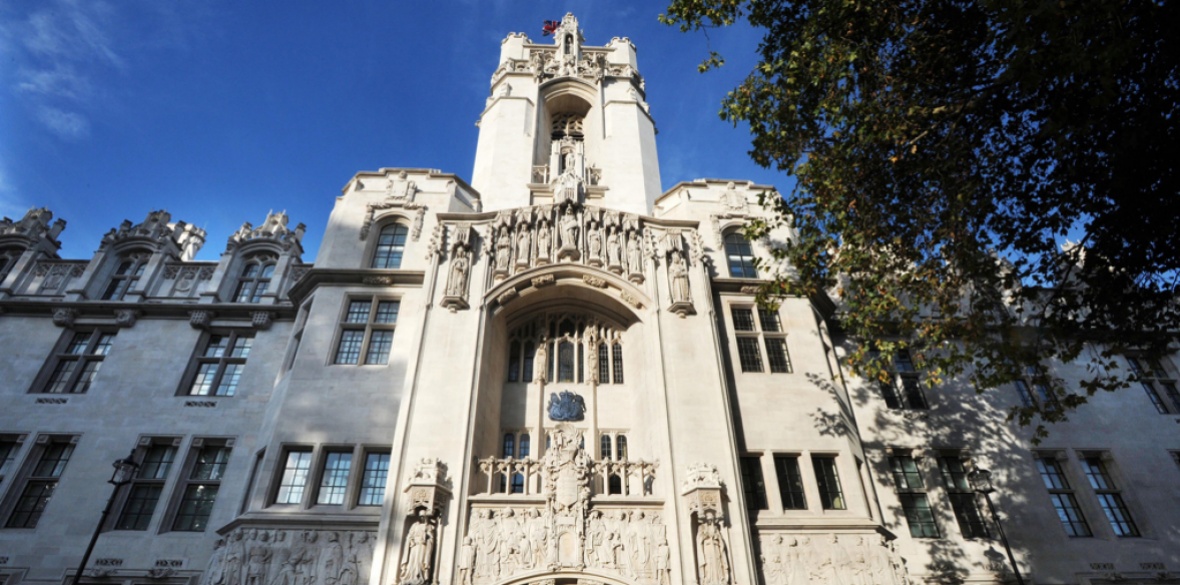This is the last article you can read this month
You can read more article this month
You can read more articles this month
Sorry your limit is up for this month
Reset on:
Please help support the Morning Star by subscribing here
A CONSTITUTIONAL battle between Westminster and Holyrood over the post-Brexit powers of the devolved institutions reached the Supreme Court today.
The case concerns the “competence” of the Scottish Parliament to legislate on Brexit after it passed the European Union (Legal Continuity) (Scotland) Bill in March.
Scotland’s Lord Advocate James Wolffe QC argued that the Bill was intended to “ensure the greatest possibile continuity of law” after Brexit but was referred to the Supreme Court by the British government’s senior law officers — the first time a Holyrood Bill has been referred.
Advocate General for Scotland Lord Keen stated that “the entirety of the Scottish Bill impermissibly modifies the UK Act and is accordingly outside [Holyrood’s] competence.”
He said the “starting point” of the European Union (Withdrawal) Bill — which First Minister Nicola Sturgeon called a “naked power grab” — was that it “applies across the entire country,” and claimed the Scottish Bill could “undermine” the British government’s negotiating position with the EU.
He added that the Scottish Bill “purports to adopt powers to continue to give effect to EU law,” but also “seeks to create a broad framework for current and future law derived from the EU, at a time when … the future relationship of the UK and the EU remains under negotiation.”
The Lord Advocate responded that the Scottish Bill “does not, and cannot, affect the UK government’s decision to withdraw the UK from the EU, or the course of negotiations between the UK government and the EU.”
He added that leaving the EU “does not return the domestic constitution to the position it was before 1998 — it takes place with a domestic constitution as it is now, in particular the devolved settlements.”
The Welsh Assembly passed a similar Bill on the same day as the Scottish Parliament which was also referred to the Supreme Court, but was withdrawn after reaching an agreement with the British government.
The Counsel General for Wales and the Attorney General for Northern Ireland are, however, interested parties in the case and support the Scottish government’s position that the Bill is within Holyrood’s powers.
The hearing continues.












